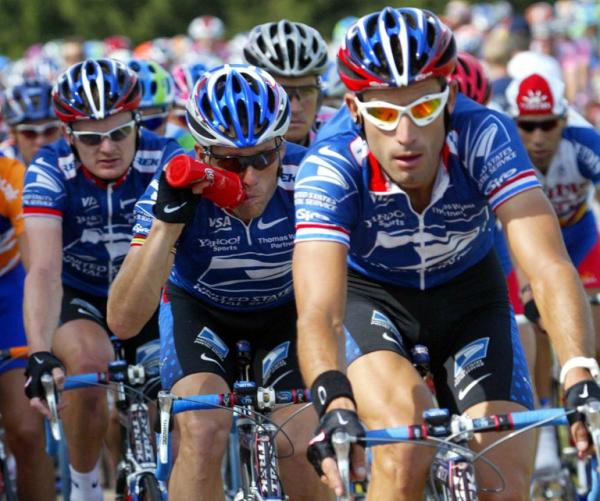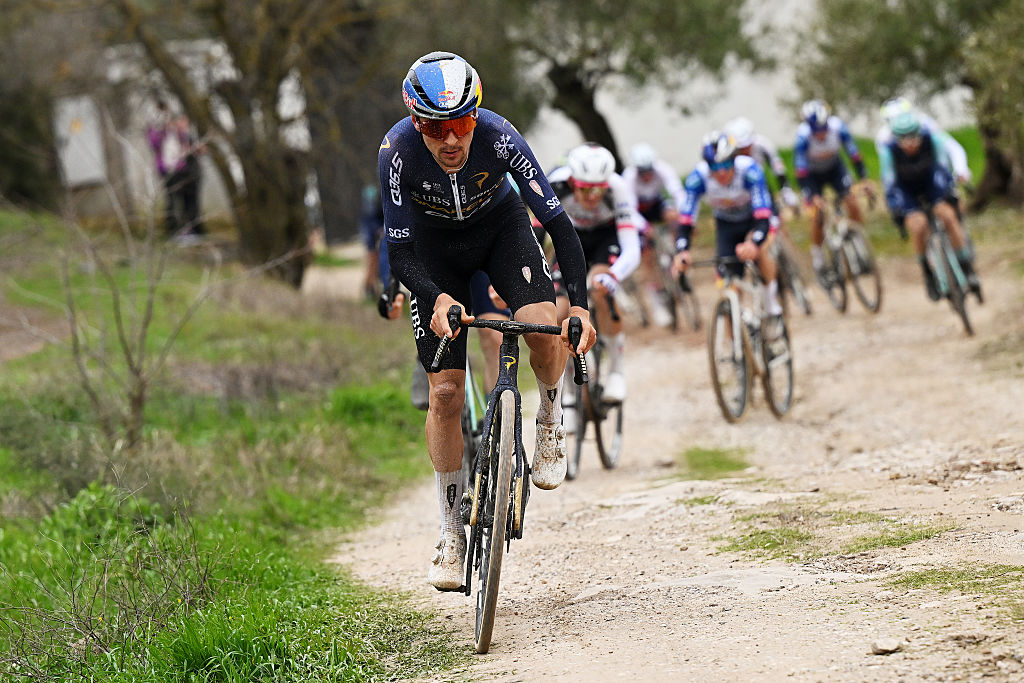UCI's Chief Medical Officer says sport previously lacked means to catch cheats
Past anti-doping tools "not as efficient" according to Zorzoli
The latest race content, interviews, features, reviews and expert buying guides, direct to your inbox!
You are now subscribed
Your newsletter sign-up was successful

The UCI's medical officer, Mario Zorzoli, believes that all anti-doping organisations, not just the UCI, had a far tougher time catching cheats in the past, but that the situation has improved radically in recent years, according to www.insidethegames.biz.
"If you look at the situation, all of the athletes who confessed to doping [in the USADA report on Lance Armstrong] were tested by a number of different organisations, not just by the UCI, and they were never caught," Zorzoli, who rarely speaks on the record, said during the Aspire4Sport Conference.
"But despite what is happening, I'm optimistic going forward. We have new testing procedures that are far more advanced than [those of] five years ago."
"There are now things like the biological passport that are more reliant on getting information so we can actually catch athletes without having to see a positive test from them." Zorzoli reportedly said they were also now using indirect evidence provided by the police to combat doping.
"Essentially we are moving from the toxicology approach....to a more forensic science approach."
Zorzoli said he was not entitled to comment on the Armstrong scandal in any specific form because there is an ongoing, independent investigation into the case. However, he did recognise that in the past it was harder to catch doping cheats because "anti-doping tools were not as efficient as they are now," with tests such as EPO not in place until 2001, other tests being far more recently introduced and a lower level of out-of-competition testing.
The latest race content, interviews, features, reviews and expert buying guides, direct to your inbox!

